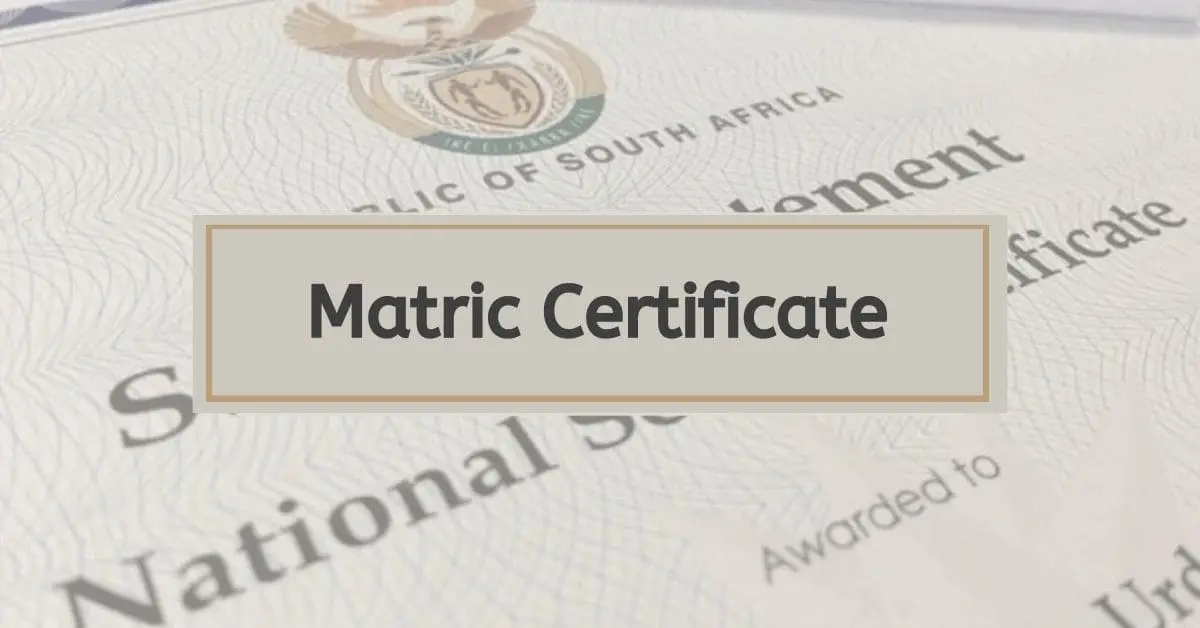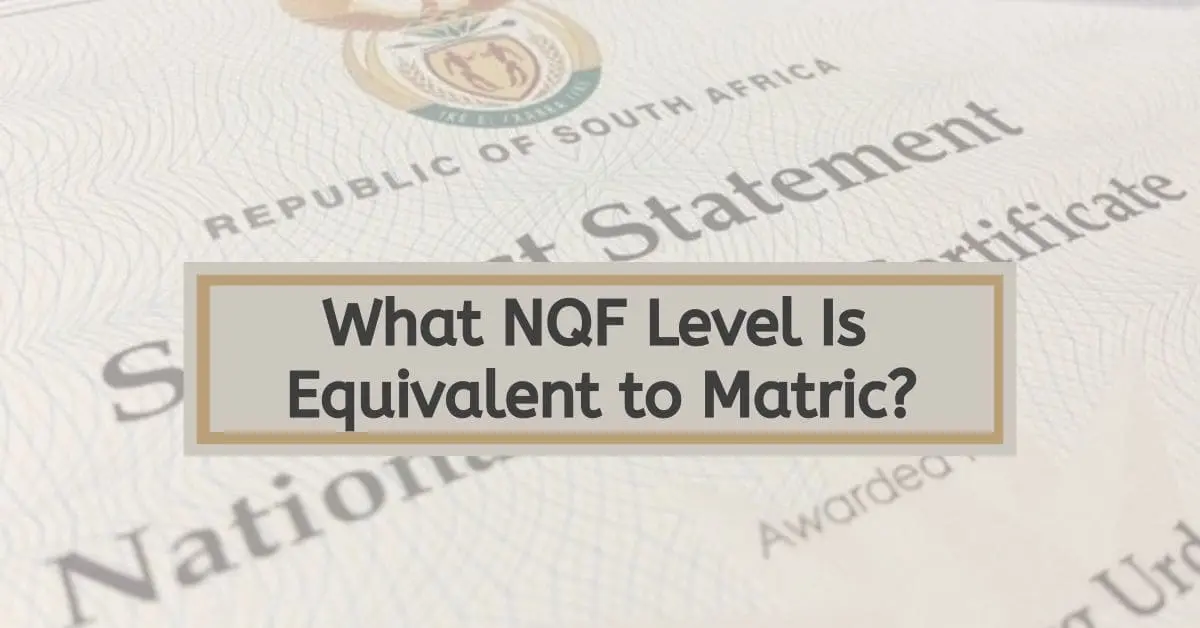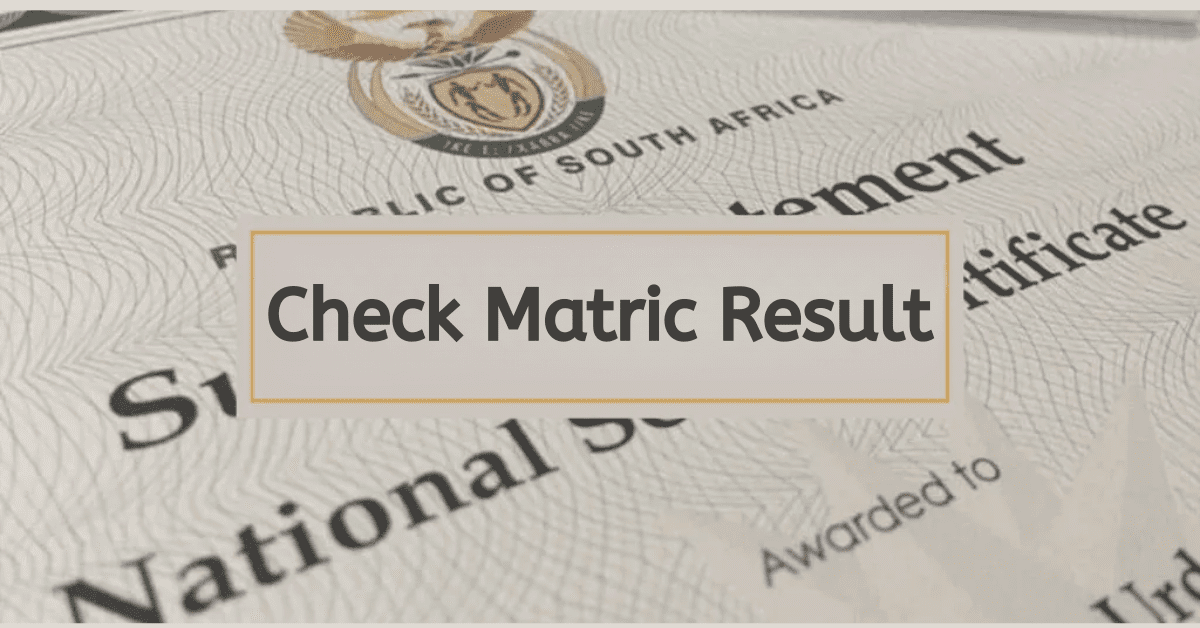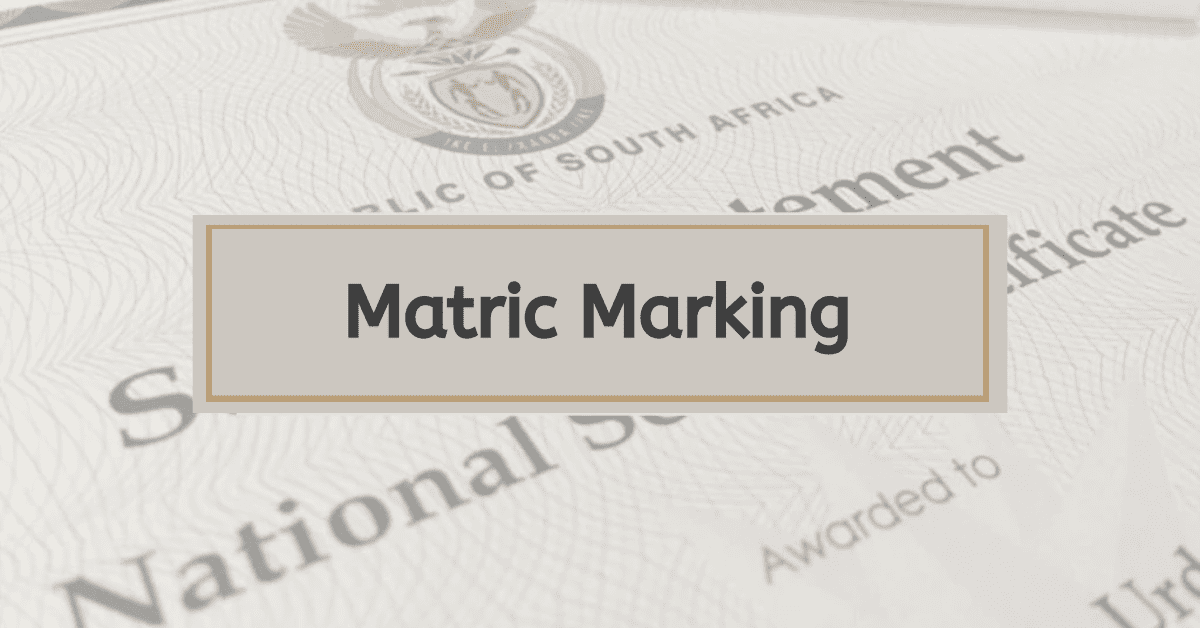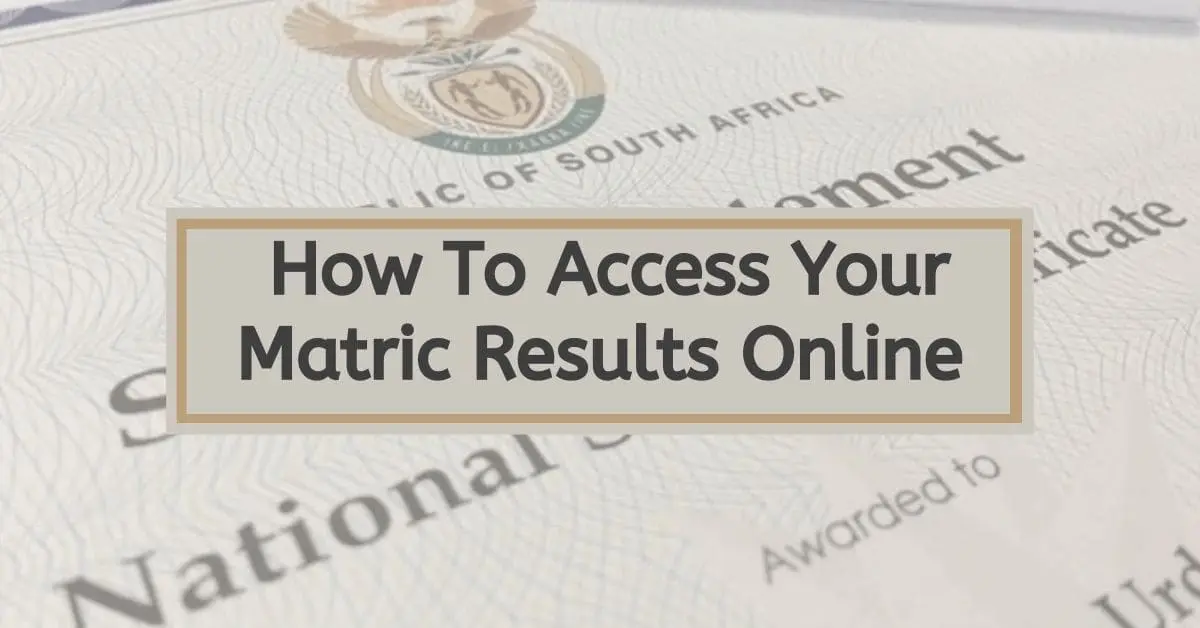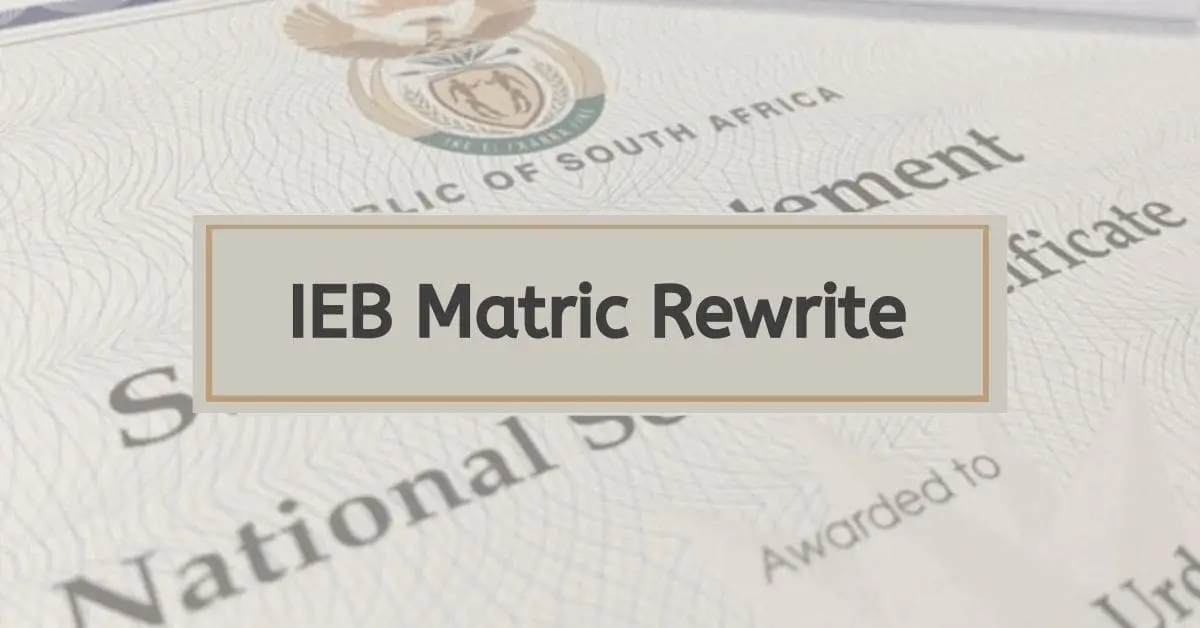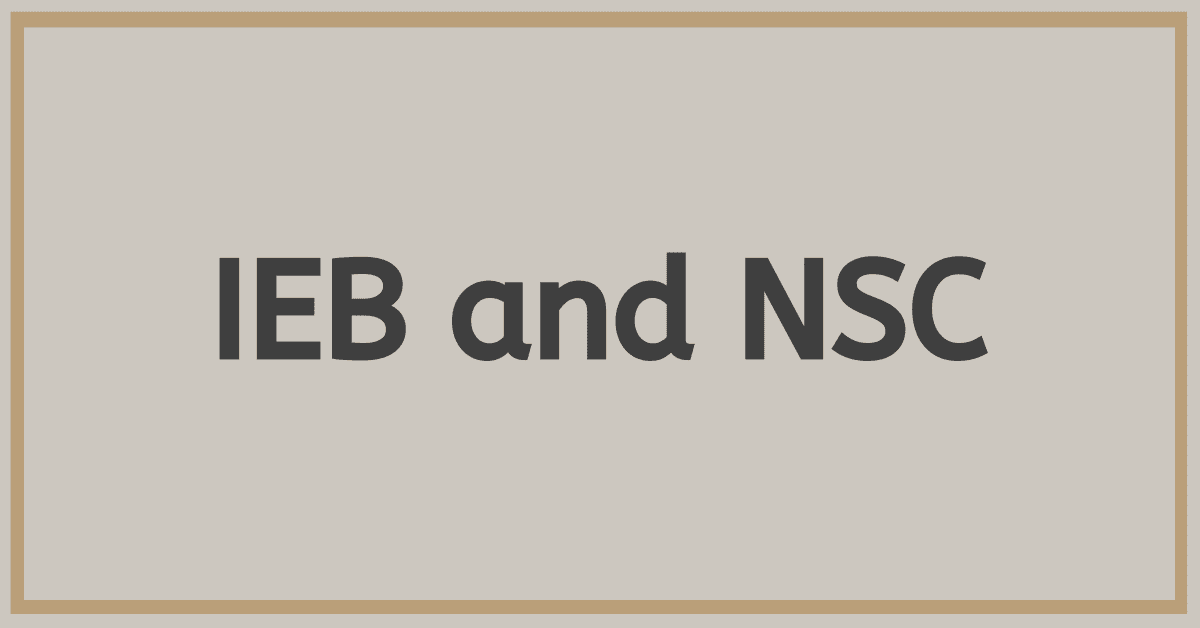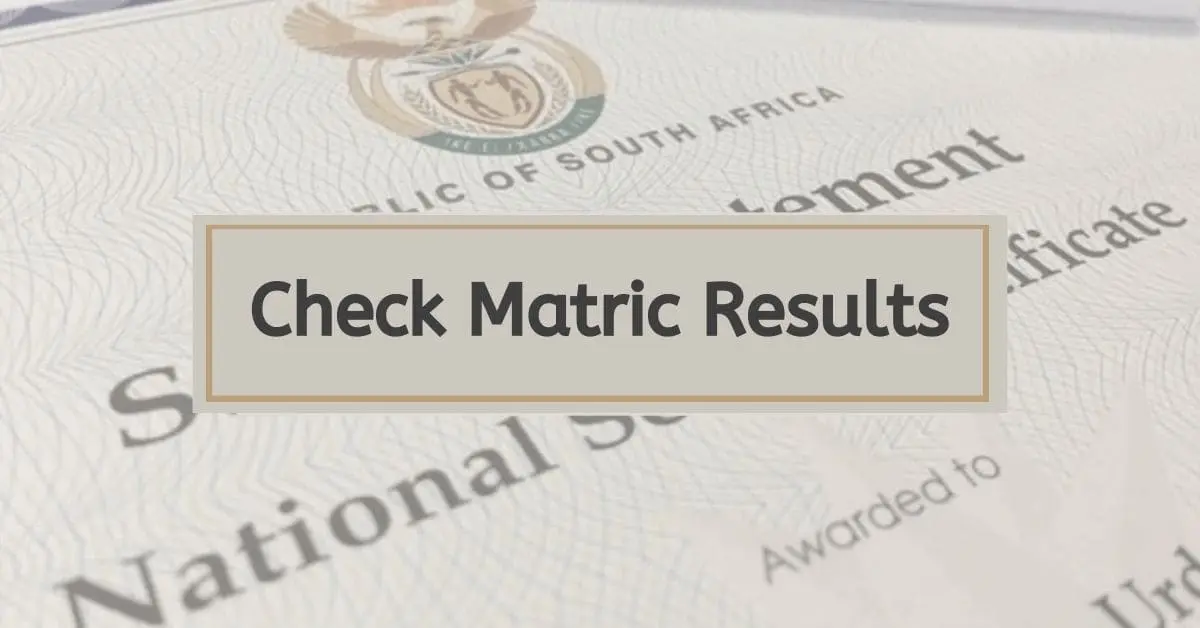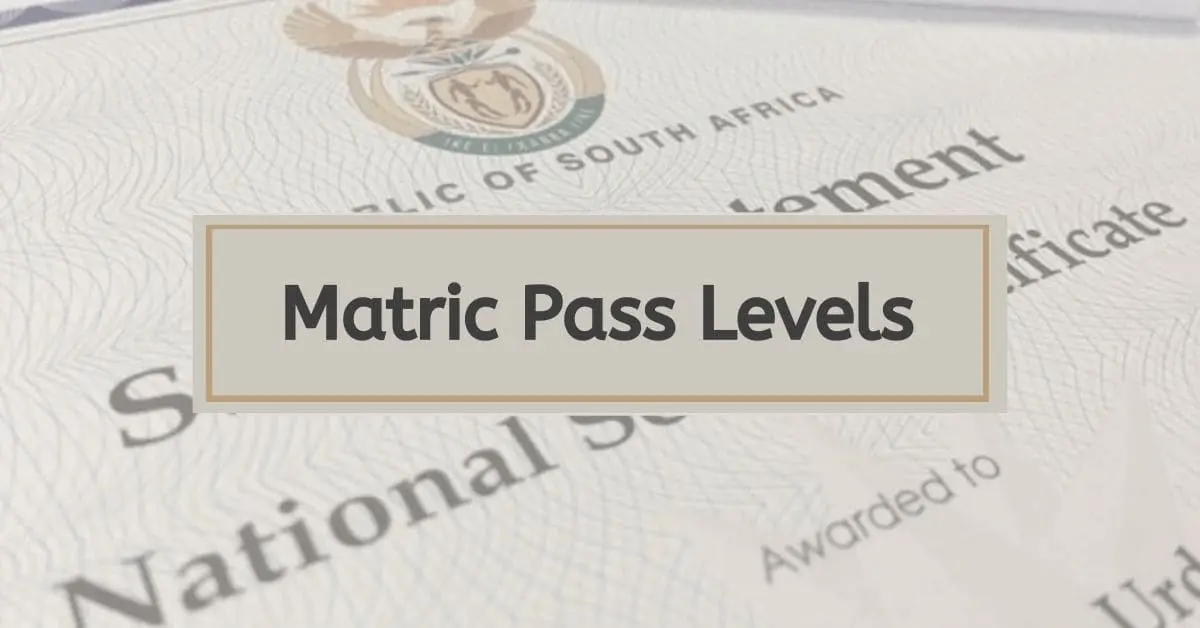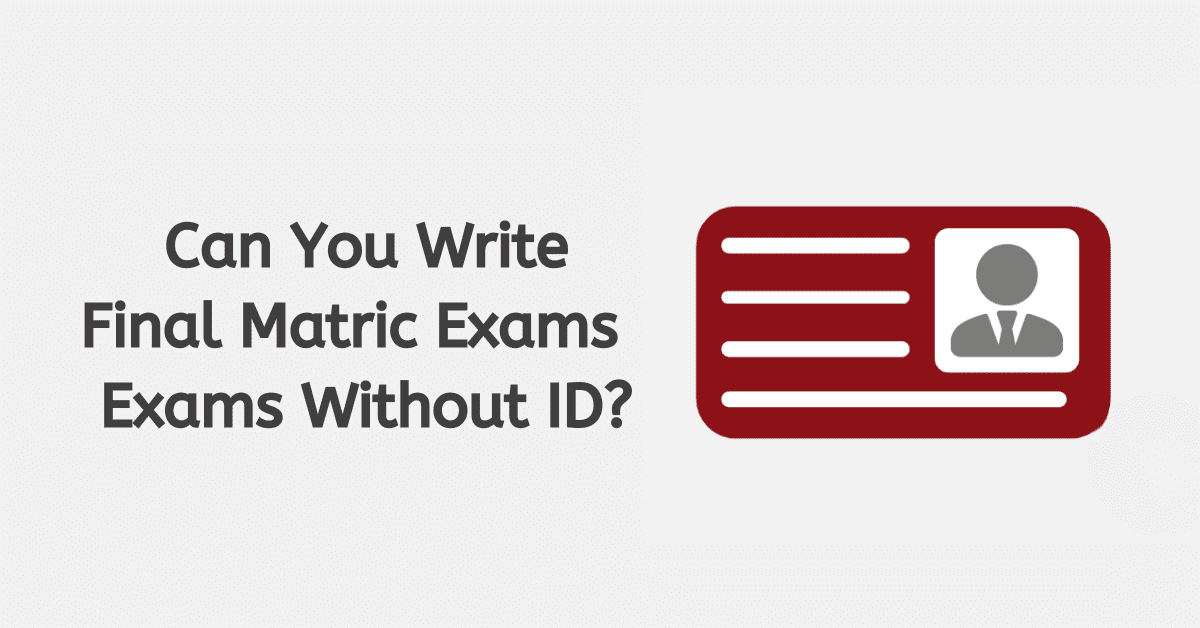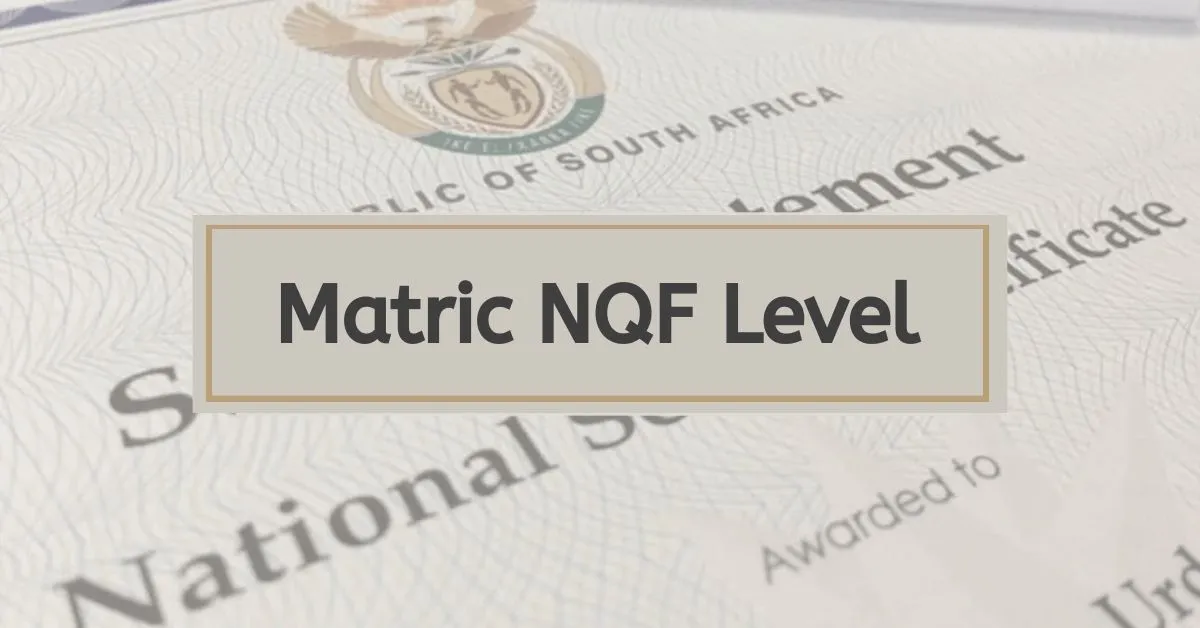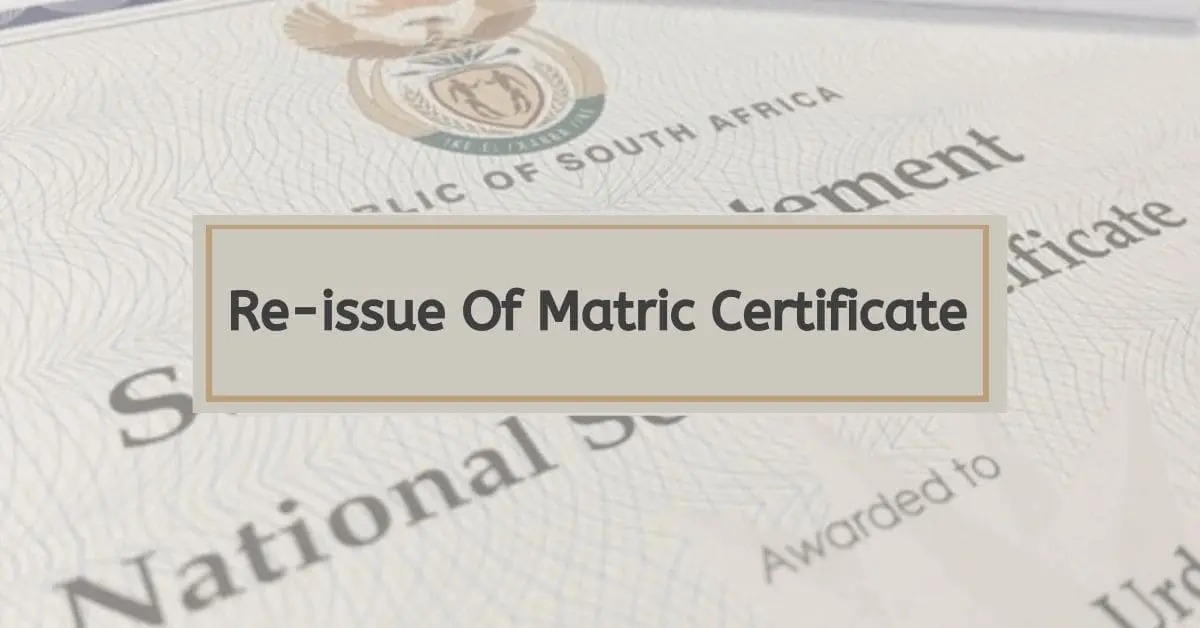The Matric pass requirements in South Africa are crucial for high school students planning their educational journey after completing Grade 12. This comprehensive guide aims to provide detailed information on the Matric pass requirements, including the different pass levels and their corresponding criteria. Students can adequately prepare and make informed decisions regarding their future educational paths by understanding these requirements. Besides this, students must familiarize themselves with the Matric pass requirements to ensure they meet the criteria for their desired educational pursuits.
Passing Matric: What are the Matric Pass Requirements
The Matric pass requirements set by the Department of Basic Education in South Africa determine the criteria students must meet to obtain a National Senior Certificate (NSC) and pursue further education. To achieve the NSC, students must fulfill the following pass requirements:
- Obtain a minimum score of 40% in the Home Language subject.
- Accomplish a minimum of forty percent in two additional subjects.
- Score a minimum of 30% in six other subjects.
- Achieve a minimum passing grade in six out of seven subjects.
- Attain an average score of no lower than thirty-three and one-third percent.
These requirements ensure that students understand the subjects they studied in Grade 12 and meet the minimum standards for educational advancement.
Matric Pass Requirements: Different Pass Levels
Matric pass requirements in South Africa are categorized into different pass levels, each with its own criteria. These pass levels include:
Bachelor’s Degree Pass Requirements And APS Score
To qualify for a Bachelor’s Degree Pass in Matric, students must meet specific requirements and obtain a certain Admission Points Score (APS). The requirements for a Bachelor’s Degree Pass include:
- Scoring at least 40% in the Home Language subject.
- Achieving a minimum of 50% in four other Higher Credit subjects.
- Obtaining a minimum of 30% in one other subject.
- Passing six out of seven subjects.
In addition to these requirements, students must obtain an APS of 23.
The APS is a numerical score assigned to each matric subject based on the student’s performance. It determines eligibility for admission to universities and other higher education institutions. The APS calculation considers the marks obtained in specific subjects and their corresponding point values. Each university or institution sets its own APS requirements for different degree programs. Consequently, learners should conduct thorough research and acquaint themselves with the Academic Points Score (APS) prerequisites of their desired institutions and courses.
Fulfilling the conditions for a Bachelor’s Degree Pass and achieving a satisfactory APS score enables learners to seek further education and register in a bachelor’s degree program of their preference.
Diploma Pass Requirements And APS Score
To qualify for a Diploma Pass in Matric, students must fulfill specific requirements and obtain a minimum Admission Points Score (APS). The requirements for a Diploma Pass include:
- Scoring at least 40% in the Home Language subject.
- Obtaining a minimum score of 40% in three other High Credit subjects.
- Achieving a minimum of 30% in one other subject.
- Passing six out of seven subjects.
In addition to these requirements, students must obtain an APS of 19.
APS refers to a numeric value allotted to every matriculation subject, contingent on the student’s achievements. Universities and tertiary institutions employ it to assess eligibility for enrollment in diploma programs. Each institution sets its own APS requirements for different diploma programs. Therefore, students must research and understand the APS requirements of their desired institutions and programs.
Meeting the requirements for a Diploma Pass and obtaining a favorable APS score open doors for students to pursue diploma courses and further their education in their chosen field.
Higher Certificate Pass Requirements And APS Score
To qualify for a Higher Certificate Pass in Matric, students must meet specific requirements and achieve a minimum Admission Points Score (APS). The requirements for a Higher Certificate Pass include:
- Scoring at least 40% in the Home Language subject.
- Achieving a minimum score of 40% in four other subjects.
- Obtaining a minimum of 40% in two other subjects.
- Achieving a minimum passing grade in six out of seven subjects.
In addition to these requirements, students must obtain an APS of 15.
APS represents a numerical evaluation allocated to each matriculation subject, depending on the student’s accomplishments. It is used by universities and higher education institutions to determine eligibility for admission to higher certificate courses. Each institution sets its own APS requirements for different certificate programs. Therefore, students must research and understand the APS requirements of their desired institutions and programs.
Meeting the requirements for a Higher Certificate Pass and obtaining a favorable APS score enable students to pursue higher certificate courses and enhance their practical skills in specific fields.
NSC (National Senior Certificate) Pass Requirements And APS Score
Students must meet specific requirements to obtain a National Senior Certificate (NSC) Pass in Matric. The NSC Pass is the minimum requirement for obtaining a matric certificate. The requirements for an NSC Pass include:
- Scoring a minimum of 40% in the Home Language subject.
- Attaining a minimum score of 40% in two additional subjects.
- Obtaining a minimum score of 30% in six other subjects.
- Achieving a minimum passing grade in six out of seven subjects.
- Obtaining an average score of not less than 33⅓%.
The NSC Pass allows students to successfully complete Grade 12 and receive a matriculation (matric) certificate. It provides a foundation for further education and career opportunities. Students should strive to meet the NSC Pass requirements to ensure they have the qualifications for their future endeavors.
The APS (Admission Points Score) is not applicable for the NSC Pass as it is mainly used for higher education admissions. However, it is important to note that some institutions may have specific requirements beyond the NSC Pass for certain programs. Therefore, students should research and understand the entry requirements of their desired institutions and programs.
How Are Matric Results Calculated?
Calculating matric results in South Africa involves a combination of School-Based Assessments (SBA) and the final examination mark. The computation is composed of the following elements:
- SBA: The SBA category constitutes a quarter (25%) of the overall grade. It includes projects, tests, and assignments students complete during the year before the final examinations.
- Final Examination Mark: The final examination mark accounts for 75% of the final matric mark. The student’s achievement in the written exams administered at the academic year’s tail end determines the score.
To determine the ultimate grade, the SBA scores receive a 25% weighting, while the final examination scores receive a 75% weighting. It is based on student’s performance in their chosen subjects for Grade 12.
It is important to note that the calculation of matric results may vary slightly depending on specific subject requirements and the policies of individual schools or examination bodies. Students should consult their teachers or school administrators for precise details regarding calculating their final matric marks.
Understanding the calculation of matric results allows students to assess their performance and determine their achievements in each subject. It also enables them to identify areas for improvement and make informed decisions regarding their future educational and career paths.
